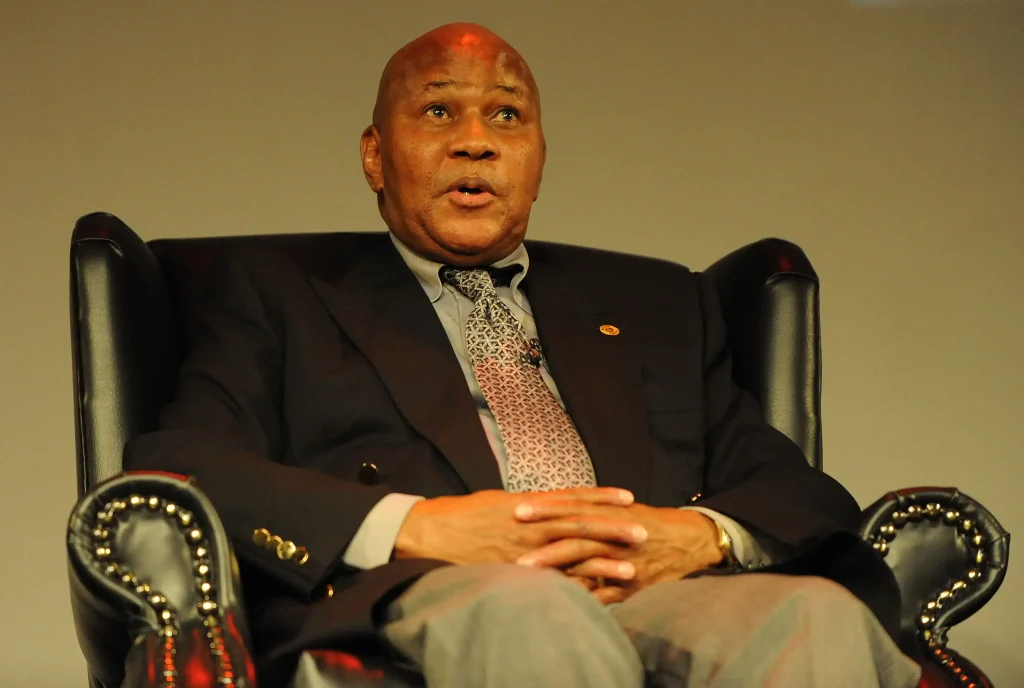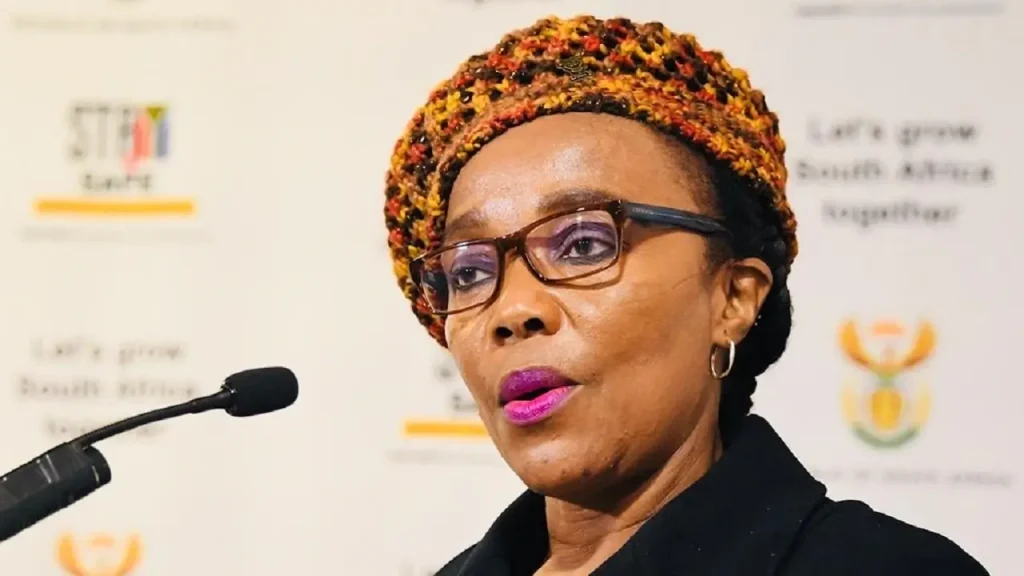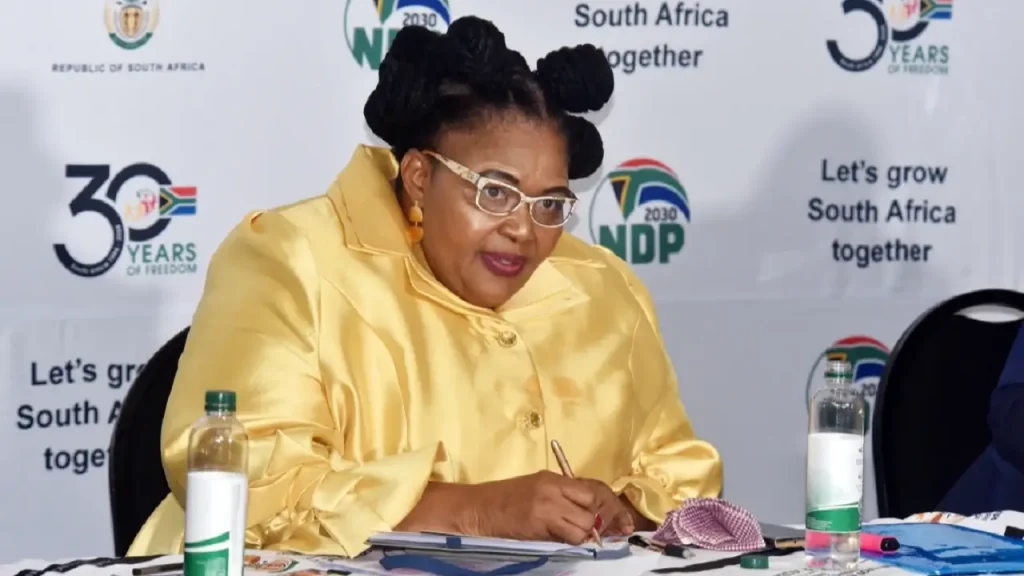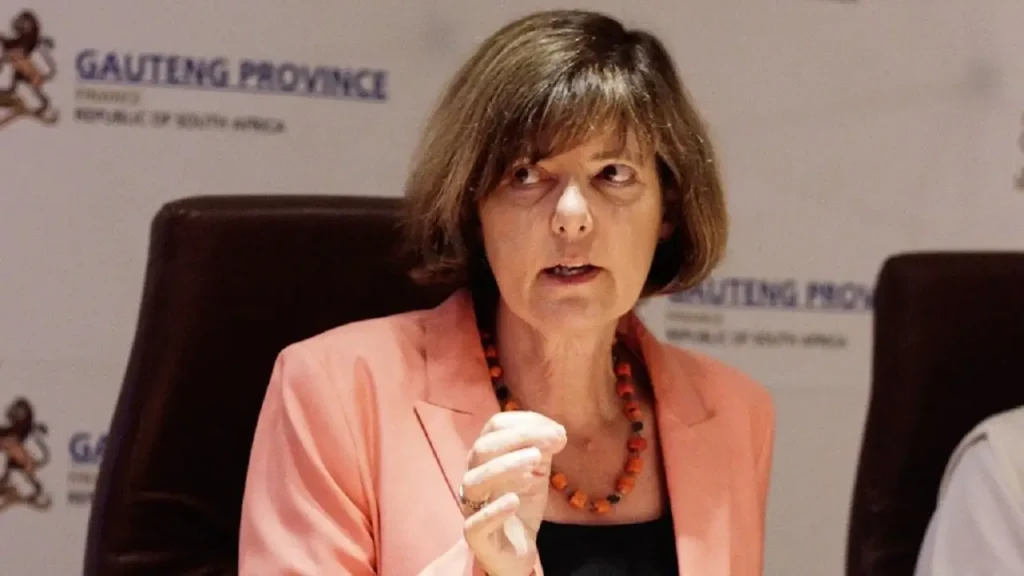Quick Facts About Kgalema Motlanthe
| Category | Fact |
|---|---|
| Full Name | Kgalema Petrus Motlanthe |
| Date of Birth | July 19, 1949 |
| Place of Birth | Thembisa, Gauteng, South Africa |
| Political Party | African National Congress (ANC) |
| Years Active | 1970 – Present |
| Position | 3rd President of South Africa (2008-2009) |
| Education | University of the North (now the University of Limpopo), various political and leadership training |
| Key Positions | Deputy President (2009-2014), Acting President (2008-2009), ANC Secretary General |
| Spouse(s) | Gugu Motlanthe (married) |
| Children | 1 daughter (Kgalema Motlanthe has one child) |
| Political Affiliation | African National Congress (ANC) |
| Notable Achievements | Leadership during transition period post-Mbeki’s resignation, advocate for national reconciliation and stability |
| Post-Presidency Role | Active in promoting education, democracy, and national unity |
| Other Roles | Former ANC Secretary General, involved in various civic organizations |
Full Biography of Kgalema Motlanthe
Kgalema Motlanthe, the 3rd President of South Africa, is a man of quiet leadership, distinguished by his role in maintaining national stability during a turbulent period in the country’s history. Known for his unassuming demeanor and deep commitment to democracy, Motlanthe has been a vital figure in South Africa’s post-apartheid political landscape. His career has spanned over several decades, marked by his rise within the African National Congress (ANC) and his tenure as both Deputy and Acting President.
Early Life and Education
Kgalema Motlanthe was born on July 19, 1949, in the small township of Thembisa, in the East Rand area of Gauteng. Raised in a politically charged environment during the apartheid era, Motlanthe was deeply influenced by the systemic inequalities he saw around him. His early life was shaped by the harsh realities of racial segregation, which motivated him to become involved in political activism.
Motlanthe completed his high school education in the 1960s before becoming actively engaged in the liberation struggle. His formal education continued through self-study and various leadership development programs, and he attended the University of the North (now the University of Limpopo), where he pursued a range of studies, including political science and philosophy.
Political Activism and Early ANC Involvement
Motlanthe joined the ANC in the 1970s, inspired by the desire to end apartheid and secure freedom for all South Africans. He quickly became involved in underground political activities, working to mobilize opposition against the oppressive regime. As a member of the ANC, he was linked to various grassroots movements and labor organizations that advocated for workers’ rights and social justice.
In the early 1980s, Motlanthe was banned by the apartheid government, a common practice for anti-apartheid activists, which restricted his ability to operate publicly. This period in exile deepened his resolve. During this time, Motlanthe, like many of his contemporaries, moved to countries such as Zambia, Tanzania, and Mozambique, where he received further political training and played a role in organizing ANC activities.
Return to South Africa and Rise to Prominence
With the unbanning of the ANC in 1990, Motlanthe returned to South Africa and rapidly rose through the ranks of the ANC. In the years following the end of apartheid, he became a prominent figure within the ANC’s leadership structure. His leadership style was marked by pragmatism, steady calm, and a focus on building unity within the party.
In the 1990s and early 2000s, Motlanthe became known as an important member of the ANC’s executive, serving as Secretary-General from 1997 to 2002. His focus was on party-building, organizing, and maintaining the internal cohesion of the ANC during a period of rapid political change in South Africa.
Acting President (2008–2009)
In 2008, South Africa entered a period of political crisis when then-President Thabo Mbeki was forced to resign after a series of internal ANC power struggles. The resignation was tied to a growing rift within the ANC and concerns over Mbeki’s handling of the HIV/AIDS crisis. In the wake of Mbeki’s resignation, Motlanthe, who was the Deputy President at the time, was asked to step into the role of Acting President.
Motlanthe served as Acting President from September 2008 to May 2009. During this brief but critical period, he worked to stabilize the nation, ensuring that South Africa’s democratic institutions remained intact and that the country did not experience major upheaval. His leadership was widely praised for being measured, and his ability to work across party lines helped calm political tensions.
Presidency (2008–2009)
Motlanthe’s time as Acting President of South Africa was short but impactful. His tenure was marked by a period of political transition, where South Africa faced the challenges of managing economic instability, growing public discontent, and the aftermath of Mbeki’s resignation. Motlanthe’s main challenge was maintaining continuity, as well as preparing the ground for the national elections in April 2009, which brought Jacob Zuma to power.
Motlanthe did not run for president in the 2009 election, but he was subsequently appointed as the Deputy President of South Africa under Zuma. Though his presidency was temporary, many analysts view it as a time when South Africa’s political institutions were preserved and safeguarded from further turmoil.
Deputy President and Post-Presidency
Kgalema Motlanthe continued to play a significant role in South Africa’s political landscape as Deputy President from 2009 to 2014. In this position, Motlanthe focused on government policies related to economic growth, poverty alleviation, and educational reform. Although his role was more subordinate compared to his time as Acting President, he was widely regarded as a steadying force in the Zuma administration.
After stepping down from the Deputy Presidency in 2014, Motlanthe remained active in public life. He has continued to serve in various roles within the ANC, acting as a mentor to younger leaders and participating in public discourse on issues like national unity, governance, and education. He has also been an outspoken advocate for transparency, good governance, and democracy, often speaking at international conferences and forums on the importance of maintaining South Africa’s hard-won democracy.
Personal Life
Motlanthe is known for his quiet, humble demeanor, which contrasts with the more flamboyant personalities often associated with political leadership. He has been married to Gugu Motlanthe, and they have one daughter together. Outside of politics, he is passionate about reading and studying history and philosophy. He has also been involved in a number of civic organizations focused on advancing education, poverty alleviation, and democratic values.
Legacy
Kgalema Motlanthe’s legacy as a leader is marked by his reputation for integrity, his ability to act as a unifying figure in times of crisis, and his commitment to building a democratic South Africa. While he may not have enjoyed the political visibility of some of his contemporaries, Motlanthe’s steady hand and dedication to the ideals of the ANC have earned him respect both at home and abroad. His leadership during the 2008-2009 political transition period will forever be a defining moment in the country’s history.





